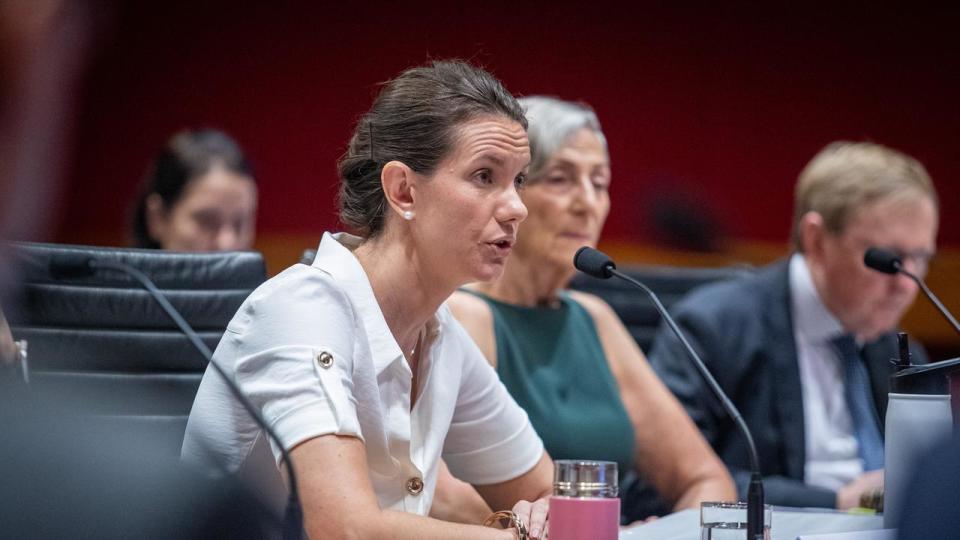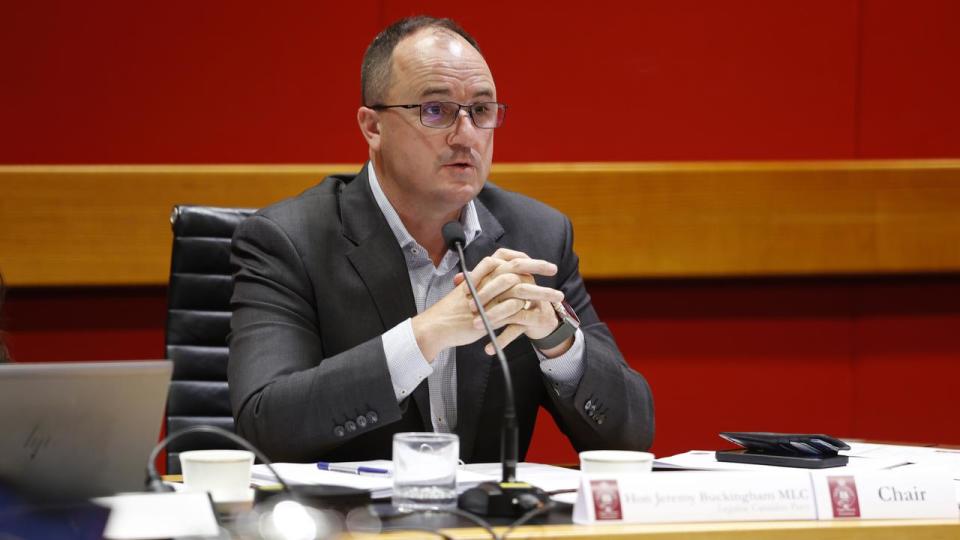Call to expand psychedelics for mental health

NSW Mental Health Minister Rose Jackson has conceded more needs to be done to allow people suffering from severe mental health conditions to access emerging therapies such as MDMA and psilocybin.
Her comments were in response to an amendment proposed by Legalise Cannabis MP Jeremy Buckingham on Wednesday, which called on the government to allow psychedelic-assisted therapies to be administered at outpatient day clinics.
Currently the alternative therapy is only allowed at private health facilities, forcing NSW residents to travel to Victoria and Queensland, where the stringent rules don’t apply.

In response, Ms Jackson acknowledged settings across NSW made it “too difficult” for people to access the emerging therapies, like MDMA and psilocybin, however she said it was important to “proceed somewhat cautiously”.
“If the current provisions were working, more people who desperately need treatment would be able to access it and unfortunately, as has been shown so far, that’s not the case,” she said.
However, Ms Jackson said the government would wait for a pending review into the regulation which limits the therapy to private health facilities, that was the “appropriate way for us to consider whether or not we’re getting that balance”.
“I do accept that there is incredible potential, but we do need to proceed somewhat cautiously,” she said.
In his speech to the upper house, Mr Buckingham urged NSW to adopt the same clinical approach that already in place in Victoria, Western Australia, the ACT and Queensland.
The Therapeutic Goods Association approved the use of MDMA and psilocybin for PTSD and treatment-resistant depression in February 2023.
“Our approach in NSW pretends to be about safety, about the protection of patients, but the reality is the exact reverse,” he said.
He said the state had failed to achieve the balance between “guarding against adverse outcomes” and “providing relief to people whose life has become unbearable”.
“We have that balance wrong, and it’s causing until needless suffering and loss of life,” he said.

While Mr Buckingham accepted a watered-down version of his amendment to implement yearly reviews to “explore the refinement of the relevant regulations,” he said he hope this would mean the government would be able to achieve reform in “months rather than years”.
“We have an epidemic of suicide in this country, as a country we’re turning our attention to it … but we have to make sure that when people come forward, they can get the therapies they need,“ he said.
Mr Buckingham’s call to expand psychedelic assisted therapies coincided with advocacy pushes from charity body Mind Medicine Australia, and former federal Liberal minister Andrew Robb.
Mr Robb said it was “ludicrous and hugely expensive” for NSW mental health patients to be forced intro travelling to Victoria or Queensland to access the course of treatments.
He criticised requirements in NSW that require patients to stay overnight, instead of attending day clinics. He added current regulations also “ignored” the limited number of mental health hospitals in NSW.
“A forced overnight hospital stay has never been found to be necessary, and, if anything, such hospital stays can negatively impact the actual treatment,” he said.
Despite approval by the TGA, the Royal College of Psychiatrists (RANZCP) has expressed reservations about psychedelic-assisted therapy.
In a clinical memorandum issued in June 2023, it cautioned that evidence was “limited and emerging” and the therapy carries “unique risks that necessitates careful clinical judgment and clear communication with potential patients”.


